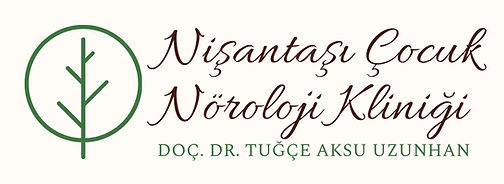top of page


CHILD NEUROLOGY
What diseases does Pediatric Neurology deal with?
Pediatric Neurology is a specialized branch dealing with the diagnosis and treatment of neurological diseases that occur in all childhood (newborns, infants, children and adolescents). Neurological diseases in children are diseases involving the brain, spinal cord, muscles and nerves. The subjects of interest of pediatric neurologists vary from diseases such as migraine, cerebral palsy, autism to rarer diseases such as metabolic diseases. Examples of the diseases that pediatric neurologists are interested have been listed here;
Febrile seizures
Headaches and migraine
Brain tumors
Vascular neurology
Attention deficit and hyperactivity disorder
Intellectual limitations
Epilepsy
Conditions confused with epilepsy (eg, breathholding spell, syncope)
Genetic diseases
Hydrocephalus
Cerebrovascular diseases
Head trauma and complications
Muscle diseases (Duchenne muscular dystrophy, SMA)
Speech disorders (stuttering, articulation disorders)
Metabolic diseases
Autism spectrum disorders
Specific learning difficulties (eg, dyslexia)
Neuropalliative medicine
Cerebral palsy
Peripheral nervous system (eg, neuropathies, CMT)
Congenital diseases of the brain and spinal cord (eg, spina bifida)
Tic disorders
Sleeping disorders
Neurodevelopmental disorders
In order to become a pediatric neurologist in our country, you need to become a pediatrician, then after the sub-specialty exam, one becomes a pediatric neurology specialist at the end of the 3-year training period.
bottom of page